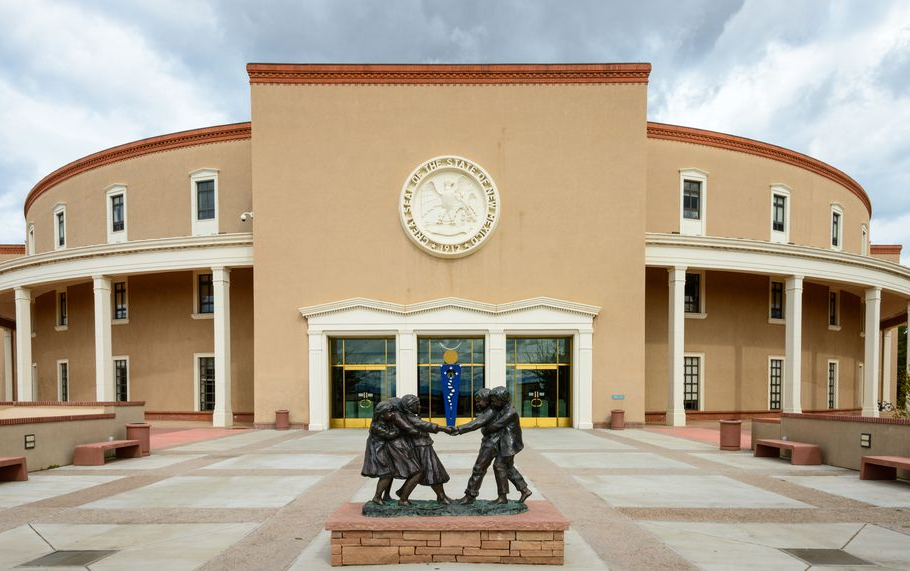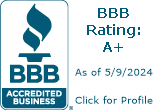New Mexico Sales Tax on Software and Digital Products
Navigating software sales tax and SaaS sales tax in New Mexico requires a clear understanding of how the state’s gross receipts tax (GRT) system applies to technology products and services. Unlike traditional sales tax regimes, New Mexico taxes most business transactions unless a specific exemption applies. This includes many software-related sales, cloud computing services, and associated implementation or maintenance contracts.
Below is a comprehensive overview of how
New Mexico applies tax to software, digital goods, and cloud-based services. This will help businesses accurately assess liability and structure invoices to minimize risk.
Page - Table of Contents
Taxability of Software in New Mexico
- Prewritten Software
- Custom Software
Cloud-Based Services in New Mexico
- Software as a Service (SaaS)
- Platform as a Service (PaaS)
Implementation & Installation Services
- Onsite
- Remote - Live
- Remote - Pre-recorded
- Optional
- Mandatory
Exemptions and Special Considerations in New Mexico
Compliance Tips for Businesses

Taxability of Software in New Mexico
New Mexico broadly taxes software transactions under its gross receipts tax system. Unless a statutory exemption applies, sales and licenses of both prewritten and custom software are considered taxable.
Prewritten Software
Prewritten or canned software, whether delivered via download, physical media, or remote access, is subject to gross receipts tax in New Mexico. The state treats the licensing of software the same as the sale of tangible personal property. Charges for the use of prewritten software, regardless of whether it is perpetual or subscription-based, are considered taxable receipts.
Custom Software
Custom software is also taxable in New Mexico. The gross receipts from developing, modifying, or licensing custom software are not exempt, even when the service element is substantial. New Mexico applies GRT to nearly all software-related transactions unless the purchaser qualifies for a specific exemption.
New Mexico Cloud-Based Services
Software as a Service (SaaS)
SaaS transactions are taxable in New Mexico. The Taxation and Revenue Department has ruled that SaaS represents a taxable license to use software hosted on a vendor's server. Because there is no exemption for remote access models under GRT, sellers must apply tax to SaaS charges unless the purchaser qualifies for exemption such as a nonprofit or government agency with proper documentation.
Platform as a Service (PaaS)
Like SaaS, PaaS offerings are also taxable. If the platform allows customers to interact with or utilize hosted tools and environments, New Mexico treats those fees as taxable licensing revenue. Businesses providing PaaS in New Mexico should apply GRT on all gross receipts unless a specific buyer exemption is claimed.

Hardware & Tangible Items
Hardware is clearly taxable in New Mexico. This includes physical IT assets such as laptops, servers, networking equipment, and accessories. GRT applies to all sales of tangible personal property in the state unless exempted under manufacturing or resale statutes.
Implementation & Installation Services
In New Mexico, the gross receipts tax applies broadly to services, including charges for installing or configuring software. This rule applies whether the software is custom or prewritten, delivered electronically or on physical media. The New Mexico Taxation and Revenue Department considers these services to be taxable business activities that generate gross receipts.
- Installation and setup services are taxable regardless of delivery method, whether the software is cloud-based, downloaded, or installed from a physical device.
- Onboarding, implementation, and configuration fees tied to software deployments must be included in taxable receipts, even if billed separately from the software license itself.
- There is no service exemption for installation or setup, even when provided with custom-built solutions or SaaS platforms.
Because New Mexico’s gross receipts tax applies to most services by default, software vendors and consultants should assume taxability unless a specific exemption is clearly defined.

Training Services
Training services are also taxable under the GRT structure. Whether delivered onsite, remotely through live sessions, or by way of pre-recorded digital content, training revenue is considered taxable unless an exemption applies.
Onsite
Onsite training related to software implementation is taxable in full.
Remote - Live
Live, instructor-led sessions via webinar or remote conferencing are also subject to GRT.
Remote - Pre-recorded
Pre-recorded training content, even when accessed digitally, is taxable. New Mexico does not provide a digital products exemption for instructional content.
Maintenance Agreements
New Mexico takes a strict position on taxing software maintenance contracts.
Optional
Optional maintenance agreements, such as those offering helpdesk support or updates, are taxable. The gross receipts from these contracts are considered part of the software-related service package.
Mandatory
Mandatory maintenance agreements bundled with software are also taxable. The Department of Taxation and Revenue confirms that GRT applies to these receipts once the buyer begins using the agreement.
Exemptions and Special Considerations in Illinois
New Mexico’s tax system does not distinguish between tangible and intangible products in most technology transactions. However, the following exemptions may apply:
- Nonprofit organizations with valid Nontaxable Transaction Certificates (NTTCs)
- Government entities
- Sales for resale, with appropriate resale certificates
Buyers and sellers must maintain robust documentation to validate any exempt sales.


Compliance Tips for Businesses
To ensure proper collection and remittance of New Mexico’s GRT on software and SaaS sales, companies should take these steps:
- Review contracts for licensing terms that may affect taxability
- Separate labor from goods when possible, though both may be taxable
- Maintain exemption certificates for nonprofits, resellers, or governments
- Track jurisdictional rules on remote delivery or multi-state access
- Consult with a tax advisor to optimize nexus analysis and sourcing
Key Takeaways
New Mexico’s gross receipts tax (GRT) structure results in broad taxability across the software landscape. Unlike traditional sales tax regimes that focus on tangible personal property, New Mexico imposes GRT on nearly all transactions involving software, cloud-based services, and related support activities. This includes both the sale of prewritten and custom software, which are taxable regardless of delivery method or customization level.
Software as a Service (SaaS) and Platform as a Service (PaaS) are also subject to tax. The state treats these as licensing arrangements that fall squarely within the taxable service category. Similarly, charges for training, implementation, and ongoing maintenance are not exempt, even when associated with electronically delivered products.
The only way to exclude these transactions from tax is by proving a valid buyer-specific exemption. Otherwise, GRT applies by default. For companies operating in New Mexico, compliance depends on precise invoicing, consistent classification of services, and diligent tracking of exemption documentation. Clear contracts and well-documented tax treatment are essential to minimizing audit risk and maintaining accurate reporting.
Need Help Navigating New Mexico’s Software and SaaS Sales Tax Rules?
Agile Consulting Group helps businesses manage software sales tax and SaaS sales tax exposure across complex jurisdictions like New Mexico. Our team guides clients through compliance risks, invoice structuring, and exemption documentation to reduce liabilities and support audit readiness.



